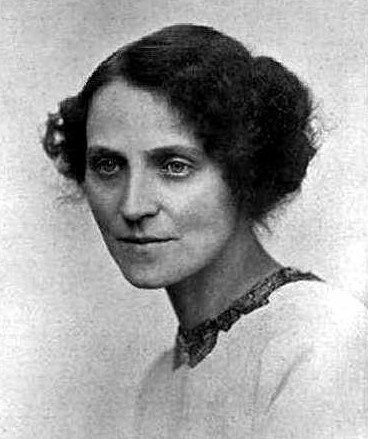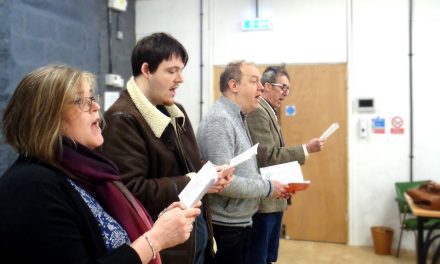She was just 4ft 6in tall yet one of the toughest and most single-minded women Huddersfield has ever seen.
Dora Marsden – who actually came from Marsden – was at the forefront of the suffragette movement and became one of its most famous faces after she was arrested by burly policemen.
Now a talk about her life will be given in Marsden by Marsden History Group chairman Roger Logue on Monday, November 11, at Marsden Mechanics Hall. It starts at 7.30pm and is £4 on the door.
Roger said: “Dora was a teacher, writer, author, philosopher, feminist and suffragette. She was one of the most historically important women of the 20th century.”
According to Marsden History Group, Dora was born in a large house called The Hey on Reddisher Road on the outskirts of Marsden but the family of five children and mum Hannah were abandoned by her husband, Fred, who went off to the USA in around 1890.
Times became tough but Dora worked incredibly hard in her early years, qualified as a teacher when she was just 18 in 1890 and then went on to university in Manchester.
In March 1909 Dora became an organiser and activist in the north west of England for the Women’s Social and Political Union founded by suffragette leader Emmeline Pankhurst.
Marsden History Group website states: “Later in the same month she was arrested at a demonstration outside the House of Commons and sentenced to one month in prison.
“In September 1909 Dora was arrested for breaking windows of a hall in Old Trafford, Manchester, where anti-suffragette MP Augustine Burrell was speaking. She was sentenced to two months imprisonment in Strangeways Prison, Manchester.
“Dora refused to wear prison clothes, went on hunger strike and petitioned the Home Secretary to be given political prisoner status.
“Probably one of the most famous and iconic images of this period is that of Dora, slightly built and only 4ft 6in in height in academic dress, having taken part in the disruption of a meeting by the Chancellor of Manchester University, being led away by two policemen on either side. This got a lot of publicity.”
Dora wrote for the suffragette publication Votes for Women, including an article about a demonstration in Huddersfield which attracted more than 50,000 people.
Dora fell out with the Pankhursts and left the Women’s Social and Political Union, joining a rival group called The Women’s Freedom League which wanted wider emancipation of women than just the vote.
She became a journalist but over the years times became hard for her and she ended up living an isolated existence and in 1935 was admitted to the Crichton Royal Hospital in Dumfries, Scotland, which was internationally recognised for its forward thinking in mental health care and psychiatric research.
She died in December 1960.
Written by ANDY HIRST who runs his own Yorkshire freelance journalism agency AH! PR (https://ah-pr.com/) specialising in press releases, blogging, website content, copywriting and ghost-writing autobiographies.


















